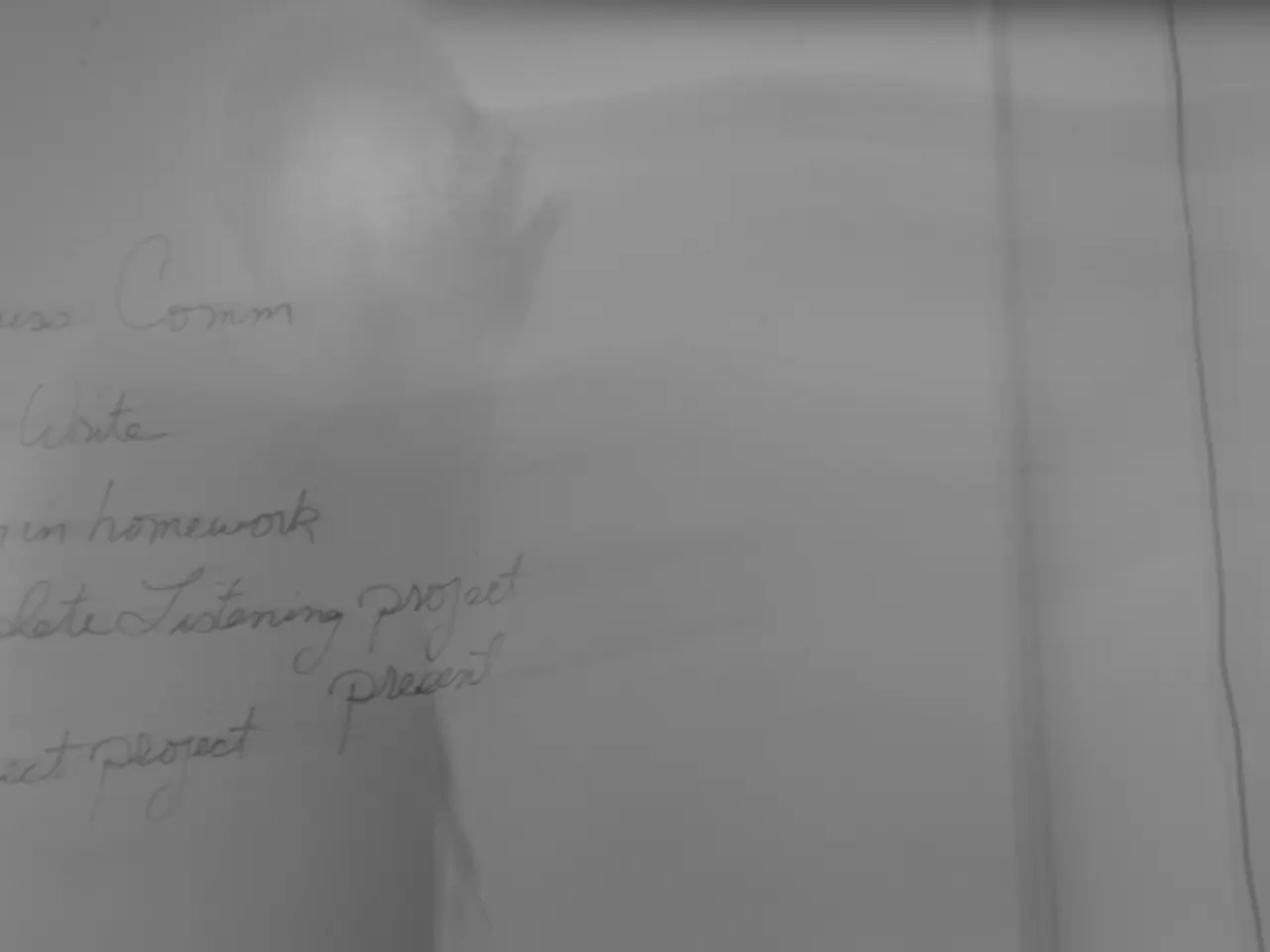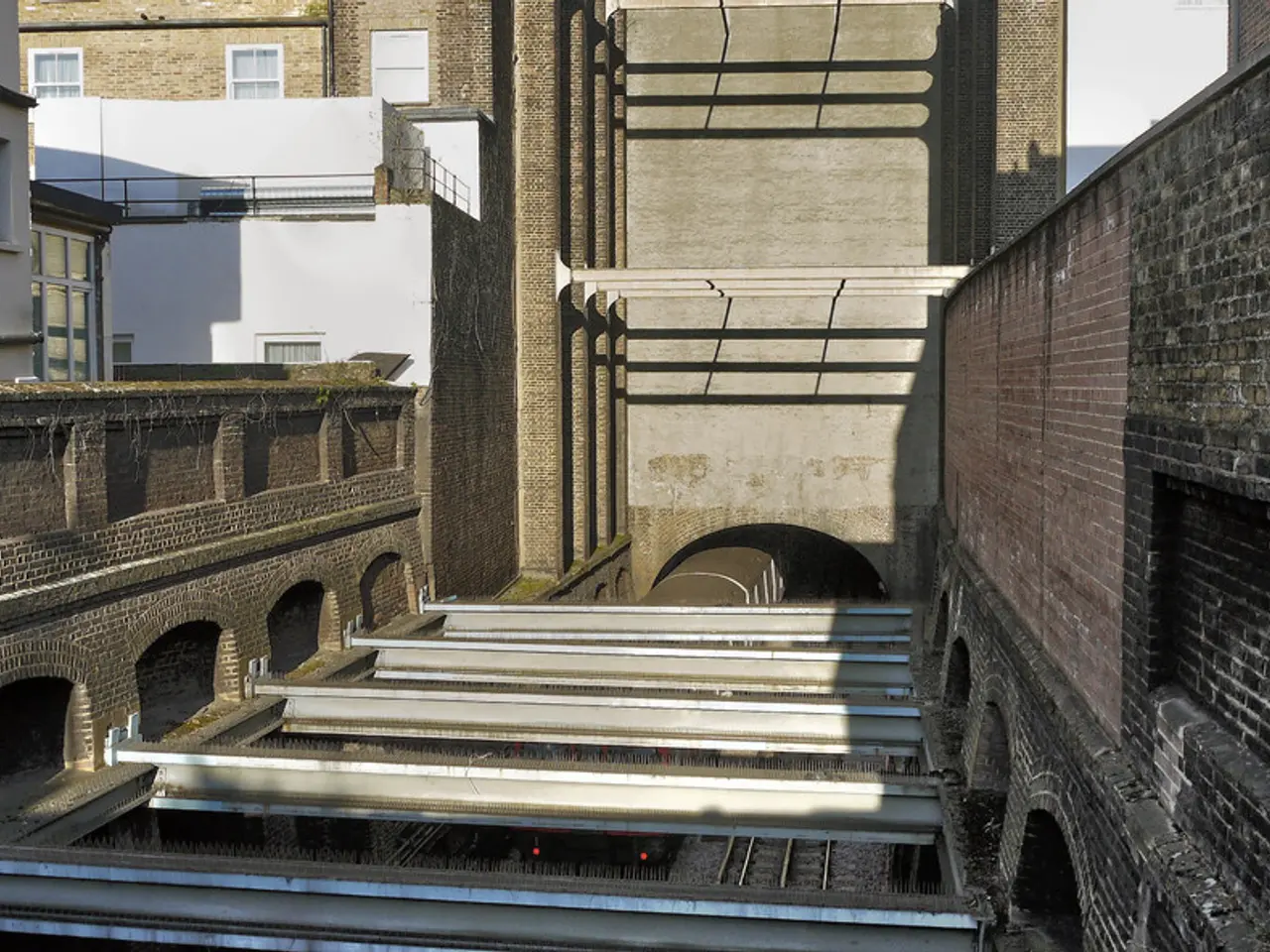Netherlands' Gambling Tax Income Fails to Meet Expectations in 2025
The Dutch gambling tax revenue for 2025 is expected to decline significantly due to a recent tax hike on gambling operators that has led to lower revenues and increased illegal gambling activity. This higher tax rate appears to have backfired by encouraging players and operators to avoid the regulated market, thus reducing taxable revenue.
The increase in the gross gaming revenue (GGR) tax rate from 21.5% to 30.0% has raised costs for both players and operators, thereby reducing participation in the legal market. This, in turn, has resulted in the growth of illegal gambling activity, as operators and players seek to escape the higher tax burden imposed by the government.
Despite the intended goal of raising more revenue, the tax hike has not produced the expected revenue uplift, illustrating a negative response from the market. The Netherlands Gambling Authority (KSA) has confirmed that the targets of generating an additional €100 million this year and €200 million annually starting next year are unlikely to be achieved.
The current trend is projected to cause gambling tax revenue for 2025 to fall to around €800 million - down from the €1 billion collected in 2024. According to VAN Kansspelen director Daan Keij, the situation may worsen as long-term closures of physical venues haven't yet been factored in.
Operators are cutting back on bonuses and payout percentages to offset tax-related financial pressure. VNLOK Chairman Björn Fuchs warned that heavy taxation combined with stringent rules is making regulated gambling less attractive. High-spending players prefer illegal sites, according to the KSA's earlier revelation. Tax income from these operators has fallen to just 83% of last year's level.
Secretary for Legal Protection Teun Struycken has urged a coordinated EU crackdown on illicit gambling platforms. Industry experts blame the downturn on an expanding set of regulatory restrictions driving players toward unlicensed gambling platforms, eroding the legal market. Brick-and-mortar businesses face higher fixed costs compared to their online counterparts.
Fuchs criticized the assumption that stricter regulation automatically enhances player protection. He argued that excessive regulation may be undermining the entire legal system. The decline in both online and offline sectors continues to undermine the government's goal of boosting tax revenue through higher rates.
Finance and business sectors may face challenging times as a result of the Netherlands' increased gambling tax rate, with the decline in legal gambling activities and subsequent growth of illegal ones. The Dutch gambling tax revenue for 2025 is projected to significantly drop due to these factors, making it harder for the government to reach its revenue goals, as cautioned by industry experts.




